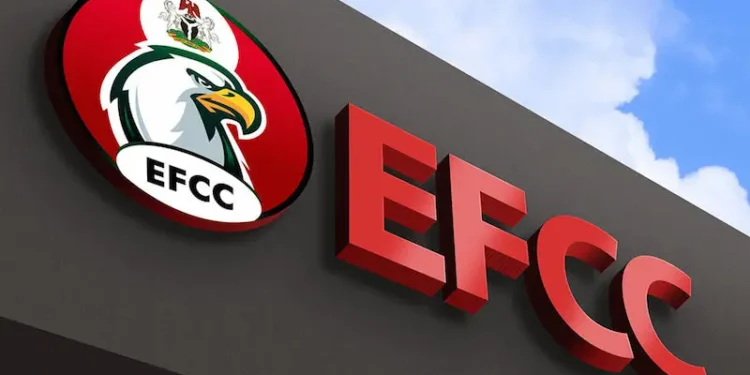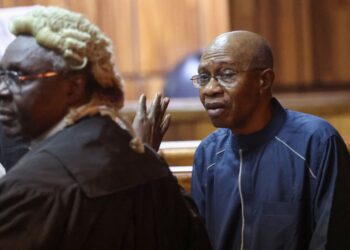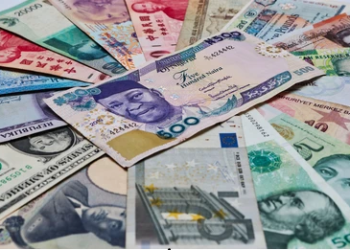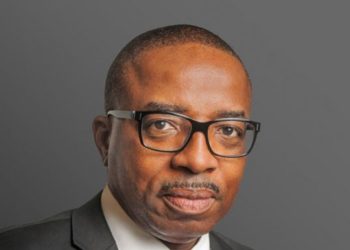The Economic and Financial Crimes Commission (EFCC) has intensified its efforts to clamp down on currency mutilation and the dollarization of Nigeria’s economy. In a statement released on Wednesday, February 7, 2024, the anti-graft agency announced the formation of a task force across all its zonal commands to enforce existing laws against these illegal practices.
According to the statement, the establishment of the task force aims to safeguard the economy from abuses, leakages, and distortions that could lead to instability and disruption. The EFCC emphasized the need to protect the integrity of Nigeria’s currency and prevent further damage caused by unauthorized currency mutilation and the use of foreign currencies for transactions within the country.
The commission disclosed that it had already made arrests in connection with the issuance of invoices in dollars and the mutilation of the Naira in Lagos and Port Harcourt. The EFCC’s Executive Chairman, Ola Olukoyede, inaugurated the task force to ensure stringent enforcement of laws aimed at preserving the stability of the Nigerian economy.
Additionally, the EFCC revealed that it had extended invitations to proprietors of private universities and other institutions of higher learning that charge fees in dollars. This move indicates the commission’s commitment to enforcing all laws aimed at promoting economic growth and stability.
The announcement comes amidst concerns over the depreciation of the Naira and the prevalence of dollar transactions due to the foreign exchange market’s illiquidity. Since the introduction of the FX unification policy in June 2023, the Naira has experienced significant devaluation, losing over 100% of its value. Furthermore, the Governor of the Central Bank of Nigeria, Yemi Cardoso, highlighted the impact of Nigerians’ foreign trips and medical tourism on the country’s foreign exchange reserves, adding pressure to the already strained market.
Despite these challenges, Cardoso expressed optimism that restoring confidence in the FX market would bolster the Naira’s value against the dollar. The EFCC’s proactive measures to combat currency mutilation and dollarization align with broader efforts to revitalize Nigeria’s economy and restore stability to its currency.











